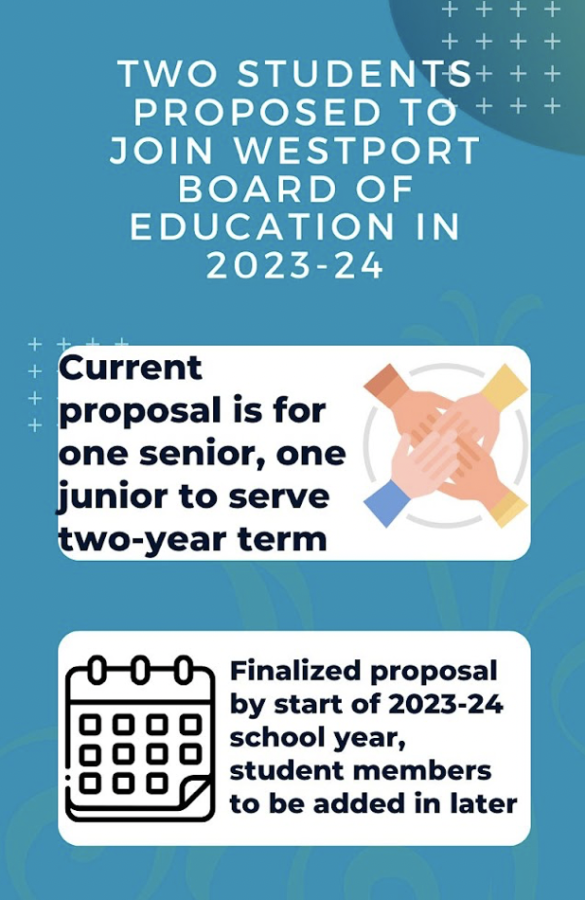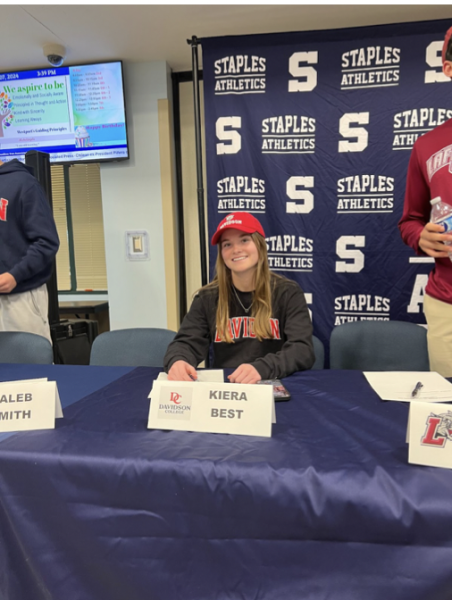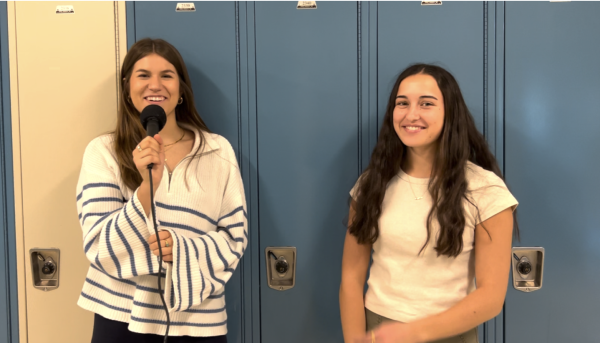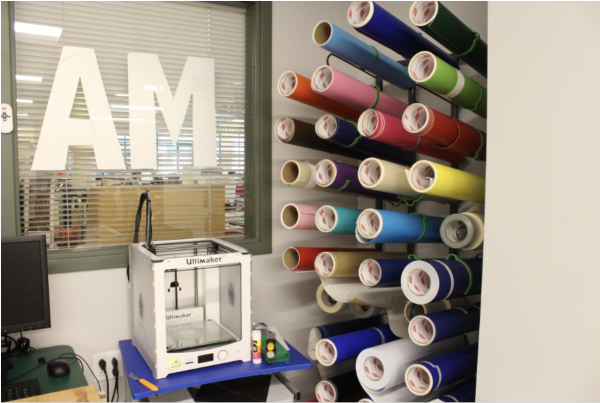Westport BOE debating, soon voting on student member proposal for 2023-24
Infographic by Finnegan Courtney '23.
Two students will be joining Westport’s Board of Education, come the 2023-24 school year.
The Westport Board of Education (BOE) will be tentatively adding two student members to their panel come next school year as a part of the Westport Public Schools district’s strategic plan for next school year (2023-2024). However, as Vice Chair Liz Heyer puts it, nothing has been set in solid stone yet, contradicting previous reports on the matter.
“With regard to student representatives on the BOE, the Board has not yet voted to approve this policy,” Heyer said. “The meeting when this was discussed was an initial conversation of the full board about this proposal.”
The current proposal is similar to what the Connecticut State BOE has been doing for years and reflects an idea in a 2021 Inklings opinion piece. If approved, it will entail a two-year term, with one senior and one junior occupying the seats. The term will also involve limitations: the two members have no voting power on the Board and are barred from attending executive BOE meetings. The position is also not fully fleshed out yet, as the current board is still deciding on the application process by which students can join the board, with their current goal being to have a finalized policy by this coming school year.
Westport’s Superintendent of Schools Thomas Scarice is a firm backer of the proposal, having overseen a similar system take place in his former district. Scarice also agrees with the proposed two-year term, citing the importance and benefit of having a student join in their junior year and remaining as a senior so there is one student voice with experience, one new to the board – a system he feels benefitted his previous town.
“It gives them that longevity piece over a two-year period,” Scarice said at a recent BOE meeting. “This [proposal] is directly related to the objectives around student voice and engagement in the strategic plan.”
While Inklings reached out to BOE Chair Lee Goldstein and Vice Chair Liz Heyer, both could not comment on the specifics or the overall position of the board at this time, stating that more will be known following a subcommittee and a subsequent full meeting to come.
“We will discuss this further in our policy sub-committee meeting on Friday, May 12 at 11 a.m. at Town Hall,” Goldstein said. “I’ll know a lot more after that meeting, namely, the policy we will present to the board to vote on as we hammer out some of the details.”
“I think it is a good idea, and students should have a voice. I think a student election would be best if we would include students as members to the BOE.
However, even prior to both of these impending meetings to come, certain members of the BOE believe a different way forward may be the best path and have doubts about the proposal as it stands now.
“Rather than one or two non-voting student representatives on the [BOE], a student liaison committee should be formed which would consist of several students, perhaps two or three from each grade at the high school,” BOE member Dorie Hordon said. “These students can attend [BOE] meetings and periodically report to the board in person at meetings, just as members of the administration and faculty do.”
Hordon has several concerns with the current plan, believing that this liaison committee is a better way of fully representing students, in addition to circumventing possible issues with the legality of unelected members joining the board and concerns over the time committee positions would require of already-busy Staples’ students lives. To Hordon, a liaison committee instead would be able to work around the potential members’ schedules.
“I don’t think one or two students would really be in a position to speak for the entire student body. There should be a diversity of voices represented,” Hordon said. “It seems unfair that only one or two students should have this opportunity to learn and contribute to the community. And why should the BOE pick the students, [maybe] the students should decide for themselves who gets to represent [them, as this] approach would be much more democratic and inclusive.”
Fellow BOE Robert Harrington agrees with Hordon, especially on the time commitment that would be required saying it would tokenize the position and make the students’ attendance optional. Harrington believes that student liaisons that have the floor to talk, report and discuss current issues in town would not only be more effective to get students heard, but would also get a better range of true student opinion.
“To me, it would be a token gesture to say you can come and sit on the board for part of the meeting but feel free to leave when you want,” Harrington said. “I support hearing from many student voices and would like to see more students be given an opportunity to have their voices heard on this platform. […] Could you imagine if only two residents were given an opportunity to sit on the BOE every two years? More students, more voices – and this affords more opportunity to many students to participate.”
The decision to place students on the BOE is one that also has been supported by Staples’ students, but some agree with Hordon that the board should not be the ones deciding which students are placed on the board.
“I think it is a good idea, and students should have a voice,” Asher Dahlke ’23 said. “I think a student election would be best if we would include students as members to the BOE.”
Harrington went on to also strongly disagree with some of the provisions the current proposal places upon the would-be student members of the board, particularly the lack of voting power and the lack of additional viewpoints being worked into the proposal, outside of the two student members.
“I think ‘student voice’ is critically important – but I want us to go further. I want the BOE to hear from [more] students – not only two,” Harrington said. “Putting students on a board [without] a vote is patronizing to our students. […] I don’t support boards that have members that can’t vote. You are either a Board of Ed member or you are not.”

Executive TV Producer Finnegan Courtney ’23 oversees the creation of Inklings’s show, On the Wreckord. He dedicates much of his time to Inklings’s...























































